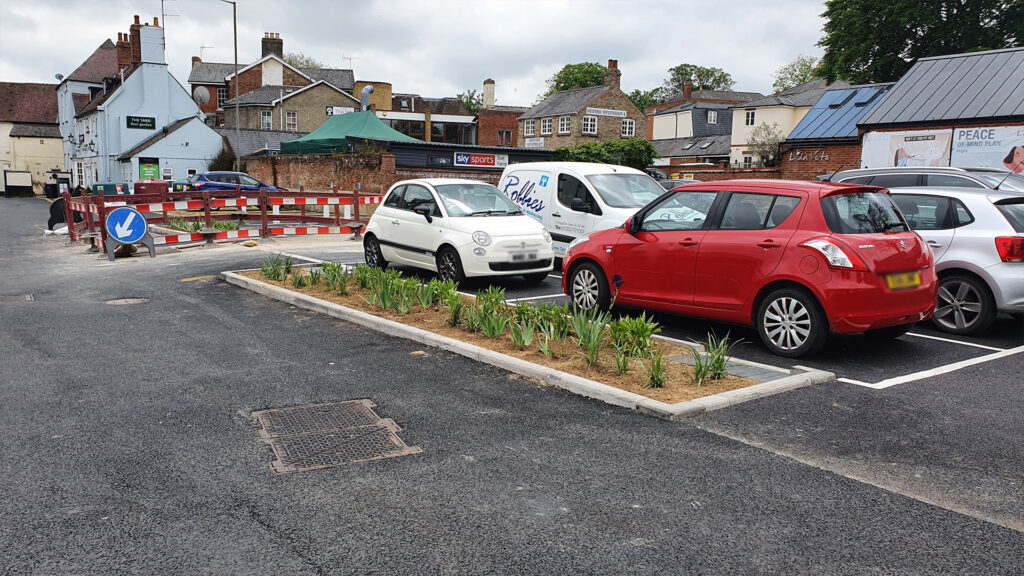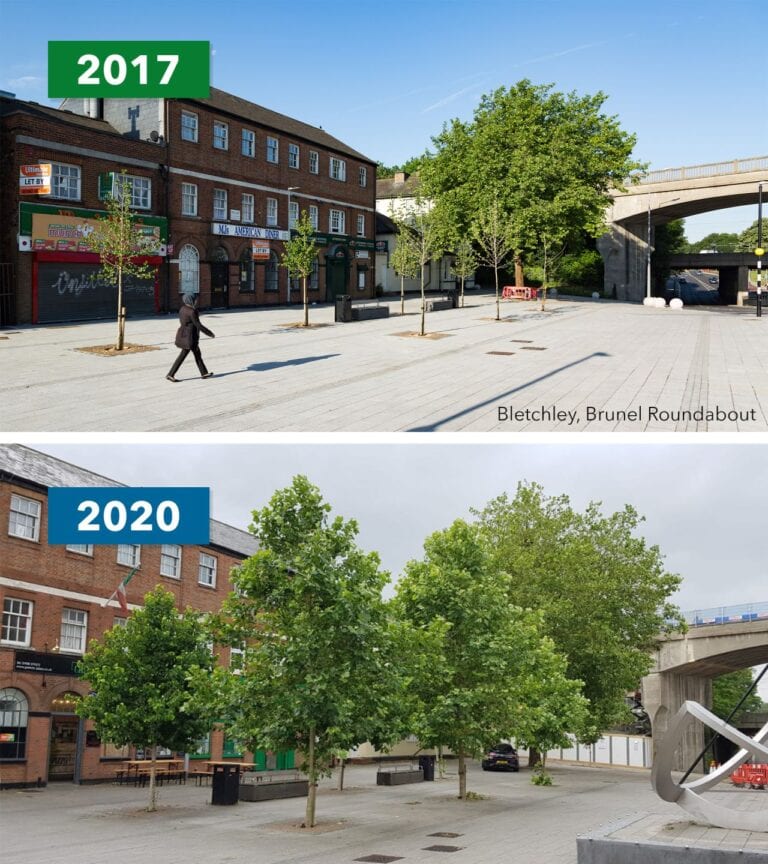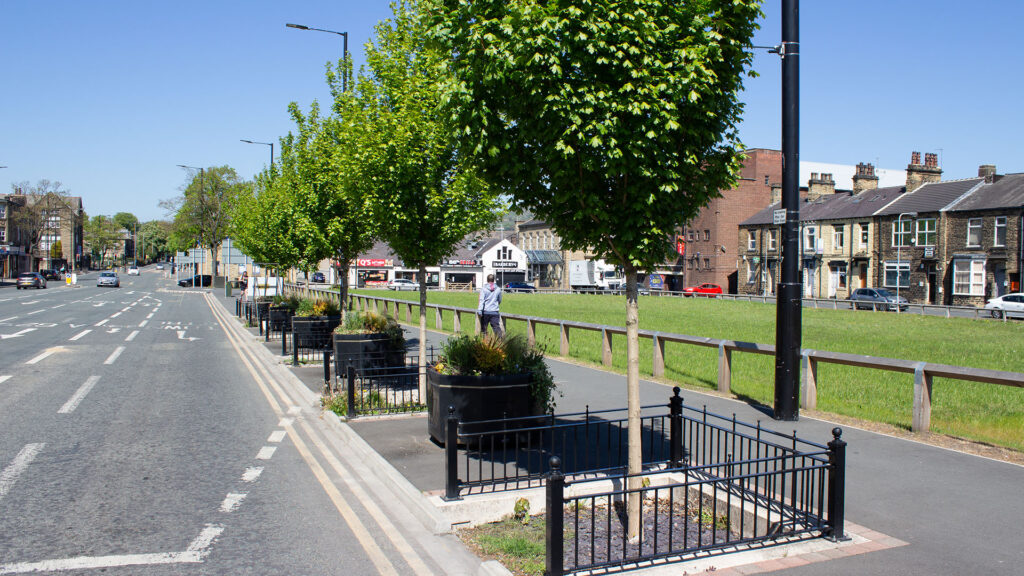Building for a Healthy Life (BHL 2020) updates England’s most widely used design tool for creating places that are better for people and nature. The document highlights a 12-point structure that reflects recent changes to legislation (NPPF) and in response to user feedback and best practice.
Findings have been in collaboration with Homes England, NHS England and NHS Improvement following the three year Healthy New Towns Programme.
What are the 12 points and how can we incorporate them?
The chart below stipulates the differences between Building for Life 12 (BFL12 2018) to Building for a Healthy Life (BHL 2020) With many local authorities referring to BFL12 in their local plans and policy documents previously, we hope that the guidance below will ensure a more seamless approach particularly cross-department. Along with enabling local communities to have clear expectations on new development requirements and proposals. The guide has a clear tool by use of a traffic light system with explanations on what green and red looks like – therefore very easy to use!

GreenBlue has of course read with interest, however, point 11, previously known as Public and Private spaces has been renamed to Green and Blue Infrastructure. Certainly, a joy to know that changing legislation is currently having a greater impact with a key focus on improved biodiversity and the use of enhanced Stormwater management (SuDS).
We are pleased to note that the guide includes an array of positive points regarding sustainable drainage that includes: –
- Have a sustainable drainage ‘treatment train’ thinking about the ‘four pillars’ Capture water as close as possible to where it falls. Be creative with rain gardens, ponds and swales and avoid steeply sided or fenced holes in the ground.
- Well-designed multi-functional sustainable drainage willhttps://greenblue.com/case-studies/bletchley-brunel-roundabout/ incorporate play and recreational opportunities.
- Robust management and long-term stewardship
Under the same category Streets for All – the guide clearly states the use of Street Trees and to quote:-
Tree-lined streets – make sure that trees have sufficient space to grow above and below ground, with long term management arrangements in place.
How pleasing is it to see that the phrase long term is now being so widely used – a key area of focus for GreenBlue, surely the penny has now dropped to plan correctly from the outset – collaborate with all from the top down is a must. The needs and wants of the Client/Developer must remain throughout the journey to include green infrastructure and stormwater management, working closely with Landscape Architects who then ensure that the successful Contractor enables those requirements without cutback and a clear maintenance plan in place.
Our regular followers will know that we have had a key focus on SuDS of late with recent blogs including; Using Sustainable Drainage Systems to add value to Developments – highlighting the term MicroSuDS to include GBU’s HydroPlanter – the perfect “Plug and Play” solutions for retrofit, highways and new developments. Our most recent Case study in Newmarket is the perfect collaboration between Anglian Water, West Suffolk Council and DW Surfacing.

Our most recent panel webinar – Slowing the Flow, highlighted a hugely successful SuDS scheme at Bletchley, Bob Widd from Milton Keynes Council detailed how his team led the way in overcoming underground constraints to install 8 SuDS ArborFlow Tree Pits. With continued monitoring the results are phenomenal!

Another popular SuDS scheme at North Street, Keighley West Yorkshire. SuDS Champion nominee Saira Ali and Richard Ellis from Bradford Metropolitan District Council, will be joining GreenBlue Urban Lunch and Learn to be hosted by CIRIA on 22nd July. The event is free for members and is sure to be very insightful to all personnel within our industry. We hope you can join us.

Alternatively, if new Developments and Biodiversity is more you, why not sign up for our next Festival of Ideas, panel webinar on 16th July, with colleagues from NHBC, Barratt Homes and the RSPB – Why not sign up today!

